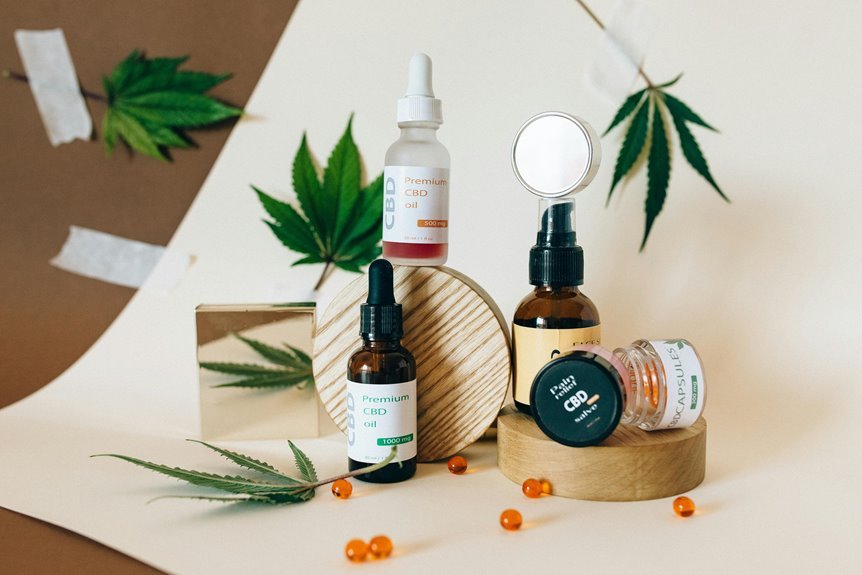The potential anticoagulant properties of CBD oil have sparked interest among researchers and healthcare professionals. Some studies indicate that CBD may affect blood coagulation mechanisms, yet the evidence remains inconclusive. This ambiguity raises important questions for individuals who rely on blood thinners. Understanding the implications of CBD oil on blood thinning agents is crucial, particularly for those considering its use alongside prescribed medications. What do the existing studies reveal about this interaction?
Understanding CBD Oil and Its Properties
CBD oil, derived from the cannabis plant, has gained significant attention for its potential therapeutic properties. Advocates highlight various CBD benefits, including relief from anxiety, inflammation, and chronic pain.
Understanding appropriate CBD dosage is crucial for maximizing these effects while minimizing side effects. As research continues, individuals seeking natural alternatives may find CBD oil a compelling option for enhancing overall well-being.
The Mechanism of Blood Thinners
Blood thinners, or anticoagulants, work by disrupting the body's natural clotting process to prevent the formation of harmful blood clots.
These medications target various anticoagulant mechanisms, including inhibiting specific enzymes and altering platelet function.
Research on CBD Oil and Blood Coagulation
How does CBD oil influence blood coagulation?
Current blood coagulation research indicates that CBD oil effects may interact with the body's clotting mechanisms.
Some studies suggest potential anticoagulant properties, though findings remain inconclusive.
Further investigation is necessary to fully understand the implications of CBD oil on blood coagulation and its potential role in influencing clotting factors and overall cardiovascular health.
Considerations for CBD Oil Users on Blood Thinners
While many individuals turn to CBD oil for its potential health benefits, those on blood thinners must exercise caution.
CBD interactions with anticoagulants can alter their effectiveness, posing risks to user safety.
It is essential for users to consult healthcare professionals before combining these substances.
Monitoring and adjustments may be necessary to ensure safe usage and to avoid potential complications.
Conclusion
In the intricate dance of health and wellness, CBD oil enters as a potentially influential partner, particularly concerning blood thinning. While preliminary studies hint at its anticoagulant properties, the melody remains uncertain, urging caution among those reliant on blood thinners. A symphony of individual health needs underscores the importance of consulting healthcare professionals, ensuring that this new player harmonizes rather than disrupts the delicate balance of medication and well-being. Vigilance is key as the research unfolds.





 Is Cbd Good for Hair
Is Cbd Good for Hair